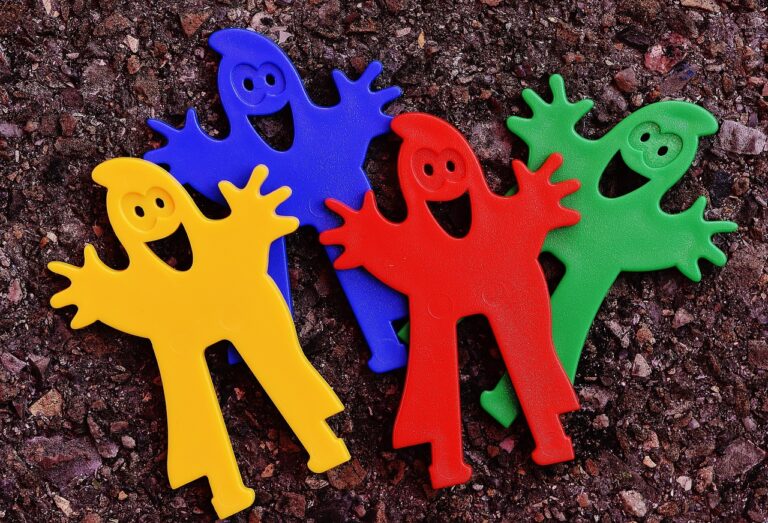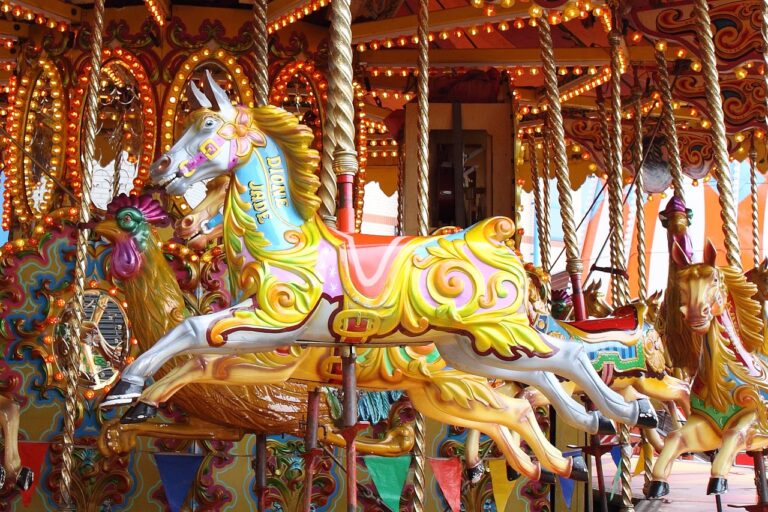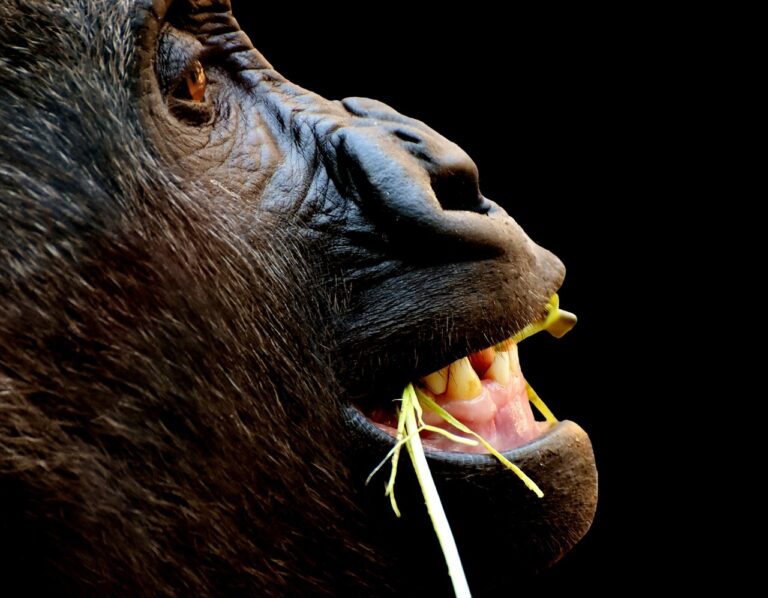Review: Iconic Music Festival Moments Promoting Social Inclusion and Diversity
cricket bet 99, sky11, reddy anna online book id:Iconic Music Festival Moments Promoting Social Inclusion and Diversity
Music festivals have long been a place for people from all walks of life to come together and celebrate their love for music. In recent years, many festivals have made a concerted effort to promote social inclusion and diversity by creating spaces that are welcoming to people of all backgrounds. Some festivals have even gone as far as to showcase artists from diverse cultural and musical backgrounds, amplifying voices that are often marginalized in the mainstream music industry.
In this article, we will take a look at some iconic music festival moments that have promoted social inclusion and diversity, highlighting the power of music to bring people together and create positive change.
1. Coachella’s Inclusion of LGBTQ+ Artists
One of the most popular music festivals in the world, Coachella, has made a conscious effort to include LGBTQ+ artists in its lineup. In recent years, artists like Janelle Monᥠand Christine and the Queens have graced the stages of Coachella, bringing visibility to the LGBTQ+ community and their talents. By showcasing these artists, Coachella has sent a powerful message of acceptance and inclusivity to its attendees.
2. Glastonbury’s Gender-Balanced Lineup
Glastonbury, one of the UK’s most renowned music festivals, has been leading the charge in promoting gender equality in the music industry. The festival made headlines in 2019 for achieving a gender-balanced lineup, featuring an equal number of male and female artists. This move was a significant step towards breaking down gender barriers in the music industry and creating a more inclusive space for all artists.
3. Afropunk’s Celebration of Black Excellence
Afropunk is a music festival that celebrates black excellence in the music and arts world. The festival showcases a diverse lineup of artists from the African diaspora, highlighting the talent and creativity of black musicians and creators. Afropunk’s commitment to promoting black excellence has made it a beacon of inclusivity and diversity in the music festival scene.
4. Shambhala’s Indigenous Representation
Shambhala Music Festival, held in British Columbia, Canada, has made a concerted effort to include Indigenous artists in its lineup. The festival features performances by Indigenous musicians, dancers, and artists, allowing attendees to experience the rich cultural heritage of Canada’s First Nations. By prioritizing Indigenous representation, Shambhala has created a space that celebrates and uplifts Indigenous voices.
5. WOMAD’s Global Sounds
WOMAD (World of Music, Arts, and Dance) is a unique music festival that showcases artists from around the world, celebrating the diversity of musical traditions and cultures. The festival features performances by artists from diverse backgrounds, ranging from traditional folk music to contemporary international acts. WOMAD’s global sounds create a vibrant and inclusive atmosphere, where attendees can immerse themselves in the rich tapestry of world music.
6. Bonnaroo’s Community Outreach
Bonnaroo Music and Arts Festival, held in Tennessee, has a strong commitment to community outreach and social activism. The festival hosts workshops, discussions, and performances that promote social justice, environmental sustainability, and community empowerment. Through its outreach programs, Bonnaroo creates a space for attendees to engage with important social issues and take action towards positive change.
7. Electric Forest’s Accessibility Initiatives
Electric Forest, a multi-genre music festival held in Michigan, has implemented various accessibility initiatives to ensure that all attendees can fully enjoy the festival experience. The festival offers services for attendees with disabilities, including accessible camping areas, viewing platforms, and sign language interpreters. By prioritizing accessibility, Electric Forest has created a more inclusive and welcoming environment for all music lovers.
8. Lollapalooza’s Diversity and Inclusion Efforts
Lollapalooza, one of the largest music festivals in the US, has been working to promote diversity and inclusion through its lineup and programming. The festival features artists from a wide range of genres and backgrounds, ensuring that attendees can discover new music and perspectives. Lollapalooza also partners with local community organizations to support social justice initiatives and create a positive impact beyond the festival grounds.
9. Tomorrowland’s International Appeal
Tomorrowland is a Belgian music festival that has gained global recognition for its immersive experience and diverse lineup of artists. The festival attracts attendees from over 200 countries, creating a truly international and inclusive atmosphere. Tomorrowland’s focus on unity and togetherness has made it a symbol of music’s power to transcend borders and bring people of different cultures together.
10. Burning Man’s Radical Inclusion
Burning Man is not your typical music festival – it’s a temporary city in the Nevada desert that celebrates radical self-expression, community, and art. The festival is known for its principle of radical inclusion, welcoming people of all backgrounds and identities to participate in its creative community. Burning Man’s emphasis on inclusivity and diversity has inspired attendees to connect with one another and embrace their individuality.
In conclusion, music festivals have the potential to be powerful platforms for promoting social inclusion and diversity. By showcasing artists from diverse backgrounds, prioritizing accessibility, and creating inclusive spaces, festivals can bring people together and inspire positive change. The iconic music festival moments highlighted in this article serve as a reminder of the transformative power of music to unite us all.
FAQs:
1. Why is it important for music festivals to promote social inclusion and diversity?
Music festivals have the ability to reach a wide audience and influence cultural norms. By promoting social inclusion and diversity, festivals can create more welcoming and inclusive spaces for attendees from all backgrounds. This can lead to greater empathy, understanding, and connection among people, ultimately fostering a more inclusive society.
2. How can attendees support social inclusion and diversity at music festivals?
Attendees can support social inclusion and diversity at music festivals by being respectful of others, embracing different cultures and perspectives, and standing up against discrimination and prejudice. By actively participating in the festival community and engaging with diverse artists and activities, attendees can help promote inclusivity and unity.
3. What can music festivals do to amplify marginalized voices in the industry?
Music festivals can amplify marginalized voices in the industry by actively seeking out and showcasing artists from underrepresented backgrounds, providing platforms for diverse storytelling and expression, and supporting initiatives that promote equity and inclusion in the music industry. By centering marginalized voices, festivals can help create a more equitable and diverse music landscape.







